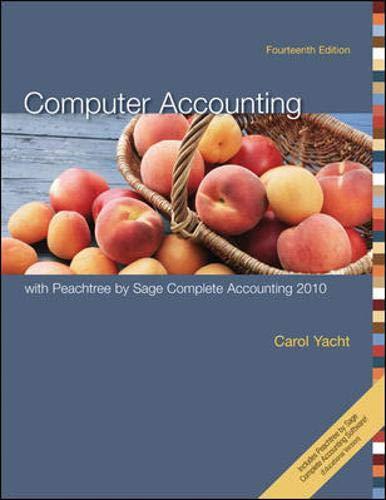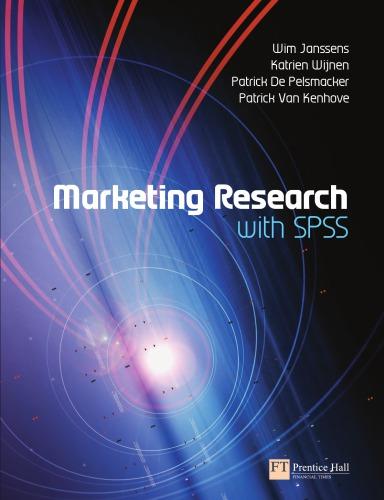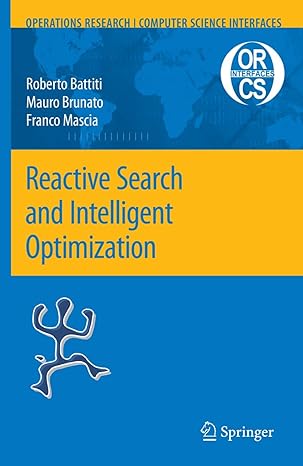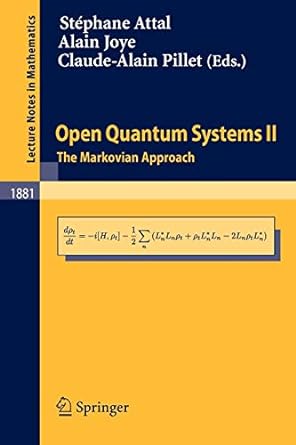Go back

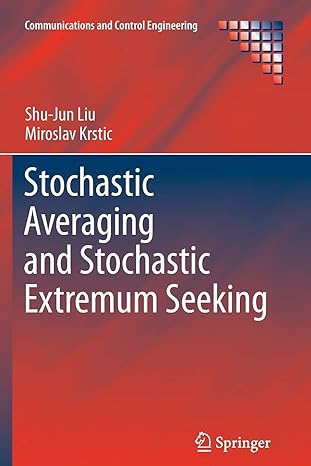
Stochastic Averaging And Stochastic Extremum Seeking(2012 Edition)
Authors:
Shu-Jun Liu ,Miroslav Krstic

Cover Type:Hardcover
Condition:Used
In Stock
Shipment time
Expected shipping within 2 DaysPopular items with books
Access to 30 Million+ solutions
Free ✝
Ask 50 Questions from expert
AI-Powered Answers
✝ 7 days-trial
Total Price:
$0
List Price: $86.17
Savings: $86.17(100%)
Solution Manual Includes
Access to 30 Million+ solutions
Ask 50 Questions from expert
AI-Powered Answers
24/7 Tutor Help
Detailed solutions for Stochastic Averaging And Stochastic Extremum Seeking
Price:
$9.99
/month
Book details
ISBN: 1447161858, 978-1447161851
Book publisher: Springer
Get your hands on the best-selling book Stochastic Averaging And Stochastic Extremum Seeking 2012 Edition for free. Feed your curiosity and let your imagination soar with the best stories coming out to you without hefty price tags. Browse SolutionInn to discover a treasure trove of fiction and non-fiction books where every page leads the reader to an undiscovered world. Start your literary adventure right away and also enjoy free shipping of these complimentary books to your door.
Book Summary: Stochastic Averaging and Extremum Seeking treats methods inspired by attempts to understand the seemingly non-mathematical question of bacterial chemotaxis and their application in other environments. The text presents significant generalizations on existing stochastic averaging theory developed from scratch and necessitated by the need to avoid violation of previous theoretical assumptions by algorithms which are otherwise effective in treating these systems. Coverage is given to four main topics. Stochastic averaging theorems are developed for the analysis of continuous-time nonlinear systems with random forcing, removing prior restrictions on nonlinearity growth and on the finiteness of the time interval. The new stochastic averaging theorems are usable not only as approximation tools but also for providing stability guarantees. Stochastic extremum-seeking algorithms are introduced for optimization of systems without available models. Both gradient- and Newton-based algorithms are presented, offering the user the choice between the simplicity of implementation (gradient) and the ability to achieve a known, arbitrary convergence rate (Newton). The design of algorithms for non-cooperative/adversarial games is described. The analysis of their convergence to Nash equilibria is provided. The algorithms are illustrated on models of economic competition and on problems of the deployment of teams of robotic vehicles. Bacterial locomotion, such as chemotaxis in E. coli, is explored with the aim of identifying two simple feedback laws for climbing nutrient gradients. Stochastic extremum seeking is shown to be a biologically-plausible interpretation for chemotaxis. For the same chemotaxis-inspired stochastic feedback laws, the book also provides a detailed analysis of convergence for models of nonholonomic robotic vehicles operating in GPS-denied environments. The book contains block diagrams and several simulation examples, including examples arising from bacterial locomotion, multi-agent robotic systems, and economic market models. Stochastic Averaging and Extremum Seeking will be informative for control engineers from backgrounds in electrical, mechanical, chemical and aerospace engineering and to applied mathematicians. Economics researchers, biologists, biophysicists and roboticists will find the applications examples instructive.
Customers also bought these books
Frequently Bought Together
Top Reviews for Books
Request i3clnu1
( 5 )
"Delivery was considerably fast, and the book I received was in a good condition."



